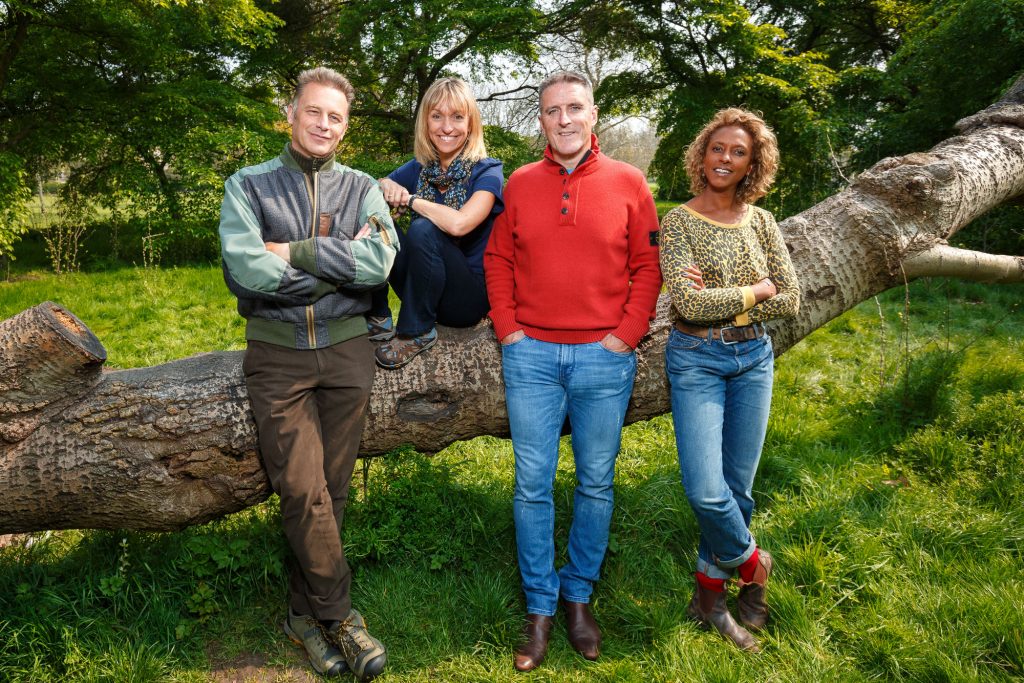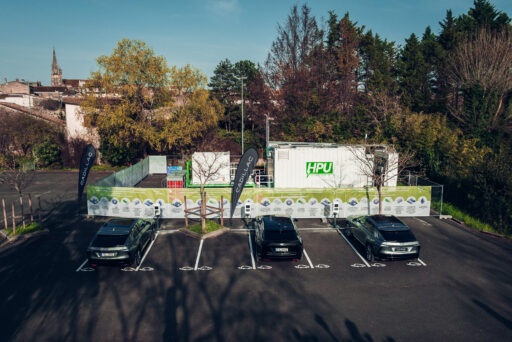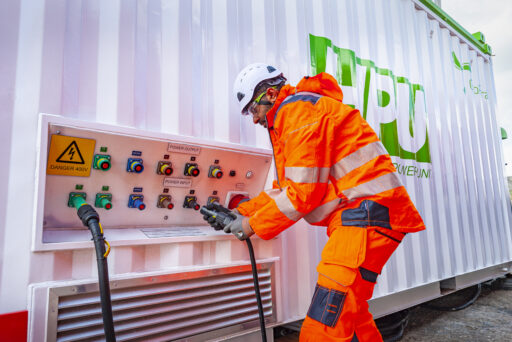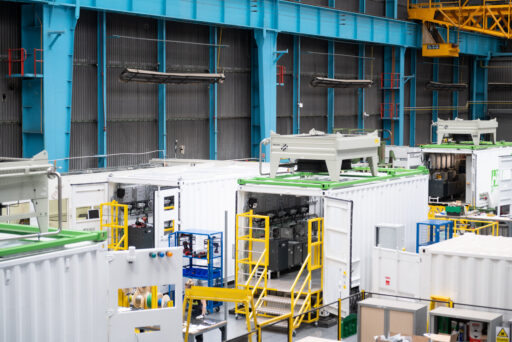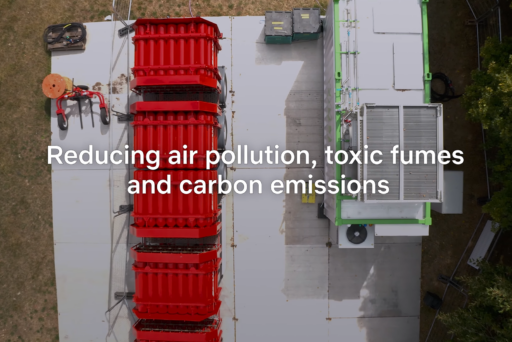All 12 of Springwatch’s live broadcasts were powered by green hydrogen
Making another TV first, BBC Studios Natural History Unit announces that a 250kW Hydrogen Power Unit (HPU) powered each of its 12 live Springwatch broadcasts over the course of the show’s 3 week run from May 25 to June 11 with 100% clean energy.
After making broadcasting history earlier this year using the generator for critical back up and additional power augmentation for Winterwatch for the first time, BBC Studios Natural History Unit doubled down on its commitment to using the generator for Springwatch 2021, following through on its efforts to achieve the BBC’s goal to be net zero in terms of greenhouse gas emissions by 2030.
Based on the premises of BBC Bristol, the hydrogen generator powered the Springwatch OB hub from which the show is broadcast live. Acting as the show’s control room, the OB hub oversees and directs the whole production with numerous live locations across the UK. Springwatch once again demonstrated the potential for all large-scale television productions to switch to reliable, clean and off-grid energy and transition away from diesel generators in the industry.
Presenter Chris Packham said: ‘Change is the only way we will begin to tackle the climate crisis. And that means taking action. I am very pleased that Springwatch has been leading the way in the drive to reduce the carbon footprint of its production. It’s incredibly important that we can pioneer the use of new technologies and methods then others will follow and then we have meaningful progress. So personally I would like to extend a massive vote of thanks and admiration to the team that has made this work. Top work!’
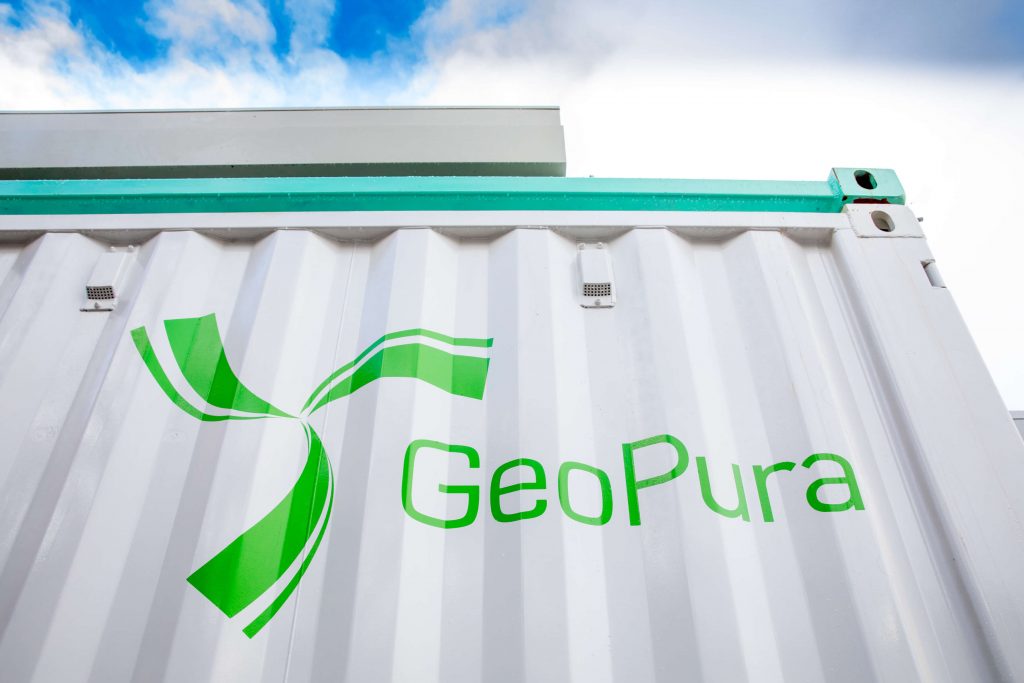
BBC Studios Natural History Unit Production Manager Helen Wallbank said: ‘We’re really proud to have been able to maintain the use of hydrogen power across Springwatch this year at our BBC Bristol broadcasting hub. Now we’re busy working on plans to continue to integrate green hydrogen technology further into our set up to enable us to power more on location with green energy for future series. We’re also sharing our findings with the wider industry to help drive positive change.’
Provided by Siemens Energy and GeoPura, the hydrogen generator uses ‘green’ hydrogen gas made by splitting water into hydrogen and oxygen using electricity generated by solar and wind power, making it significantly cleaner than ‘grey’ hydrogen. When used, the hydrogen turns back into pure and drinkable water, meaning that the ‘exhaust’ is emissions and waste free and the process is entirely circular.
If the energy provided by GeoPura for Springwatch 2021 had been produced with diesel generators, then 7 tonnes of CO2 would have been released into the atmosphere in addition to other air pollutants such as NOx and particulates.
Having been awarded the Albert certification for its efforts to reduce its carbon footprint since 2015, and having won the BAFTA Live Event award earlier this year, Springwatch continues to lead the way in the industry for sustainability and live programming.
You can re-watch the entire season of Springwatch on BBC iPlayer now.
From a diesel generator 8250kWh * 0.850kg per kWh = 7 tonnes of CO2
From the UK grid 8250kWh * 0.250kg per kWh = 2 tonnes of CO2
From green hydrogen 500kWh * 0kg per kWh = 0 tonnes of CO2

